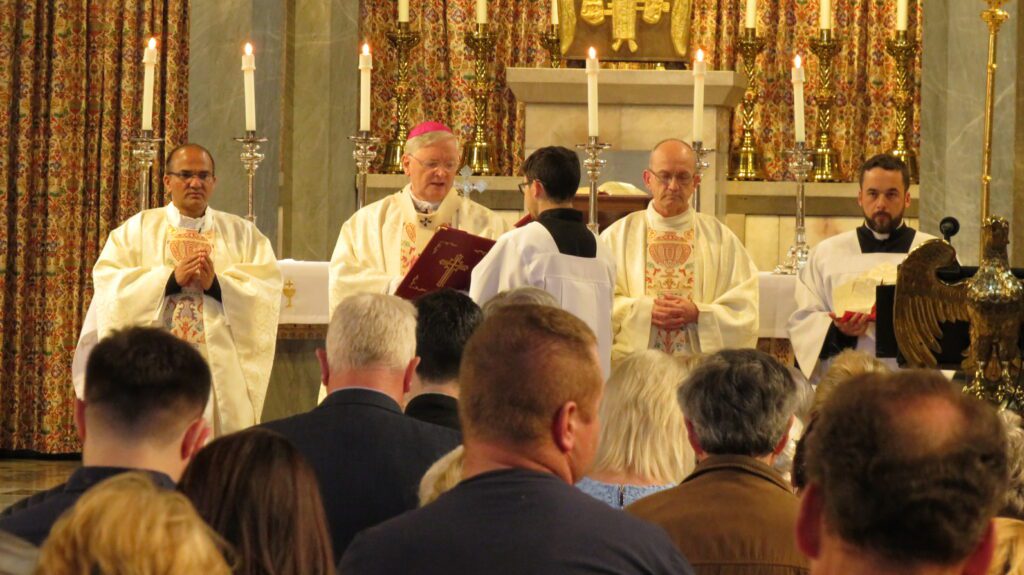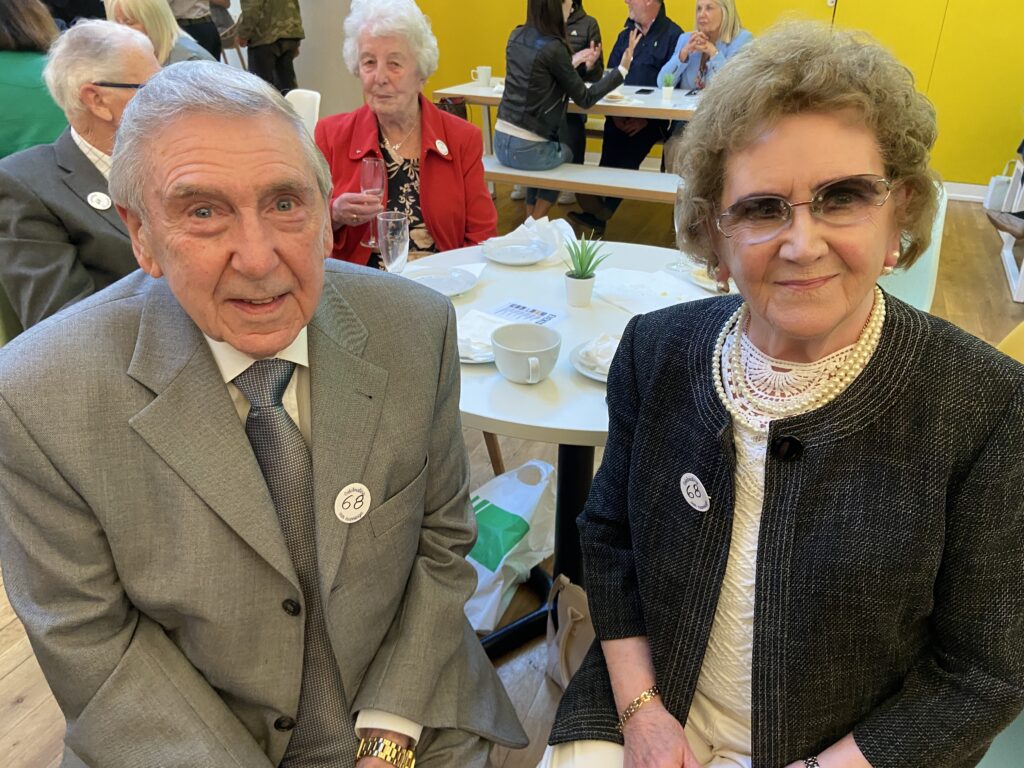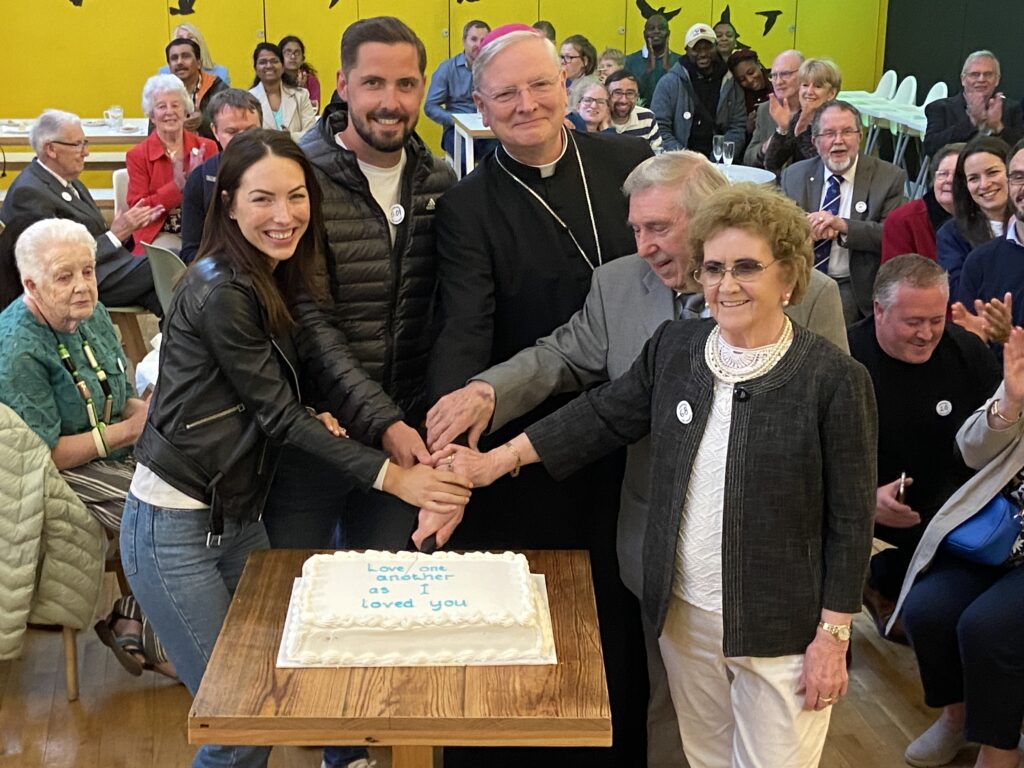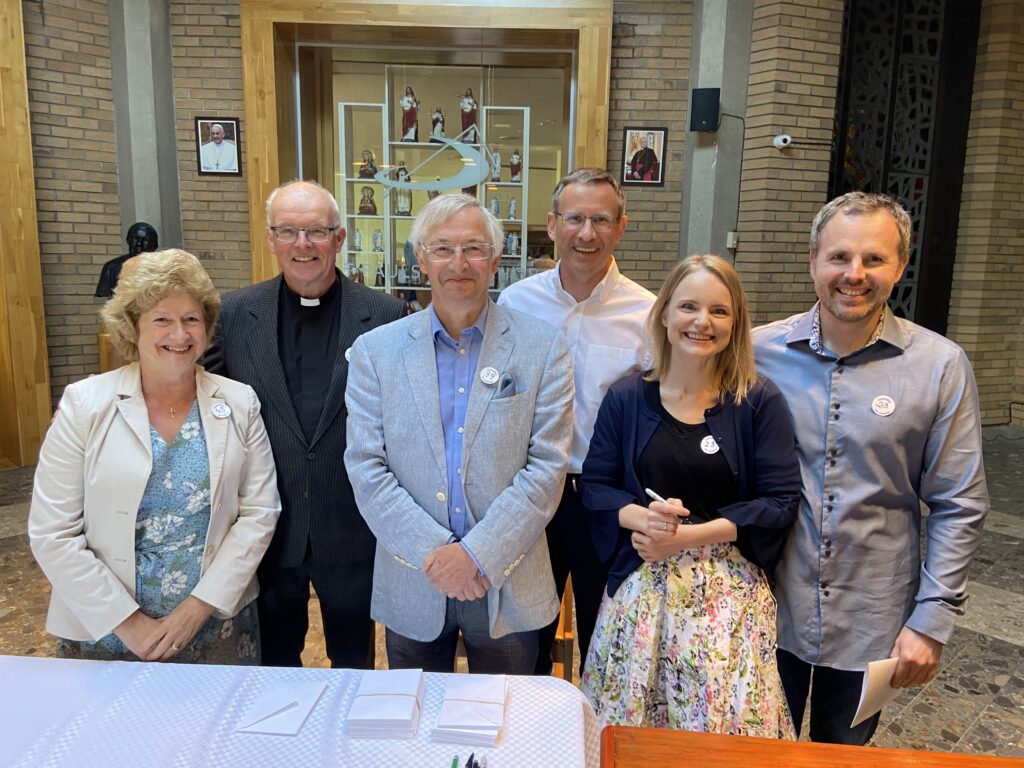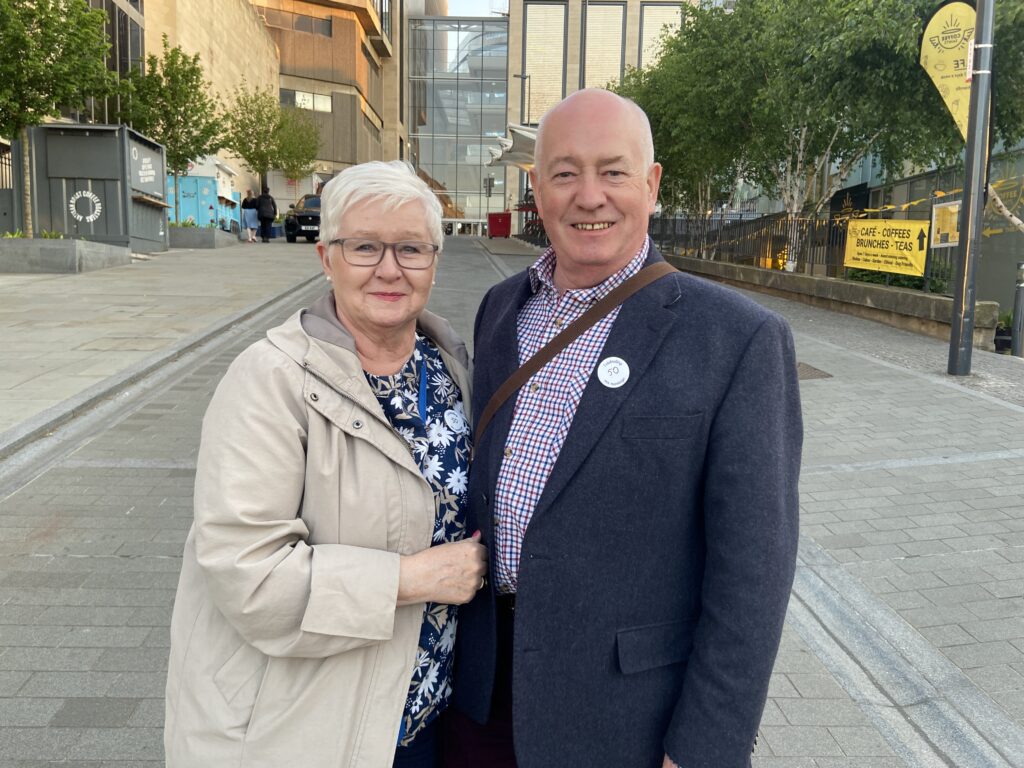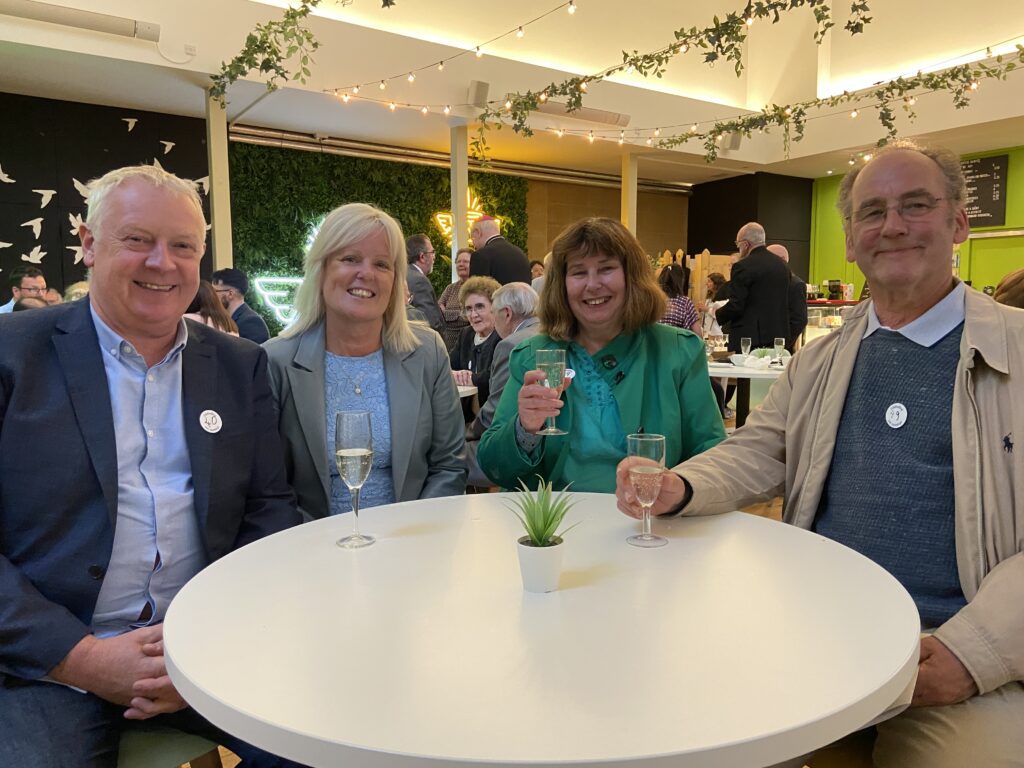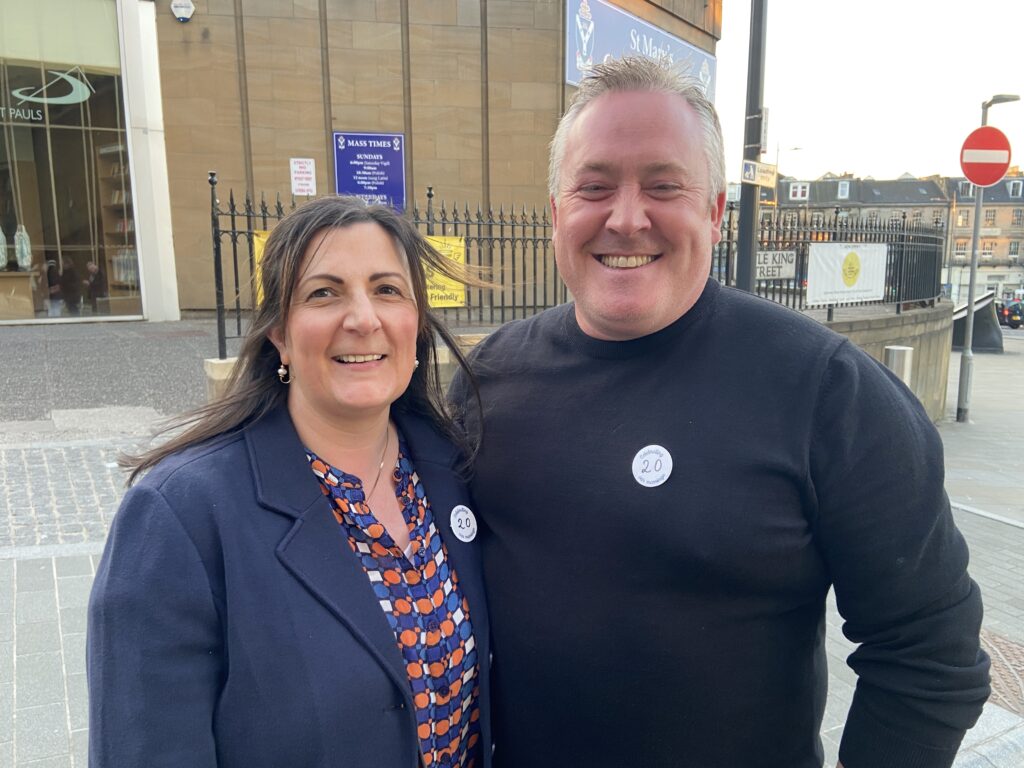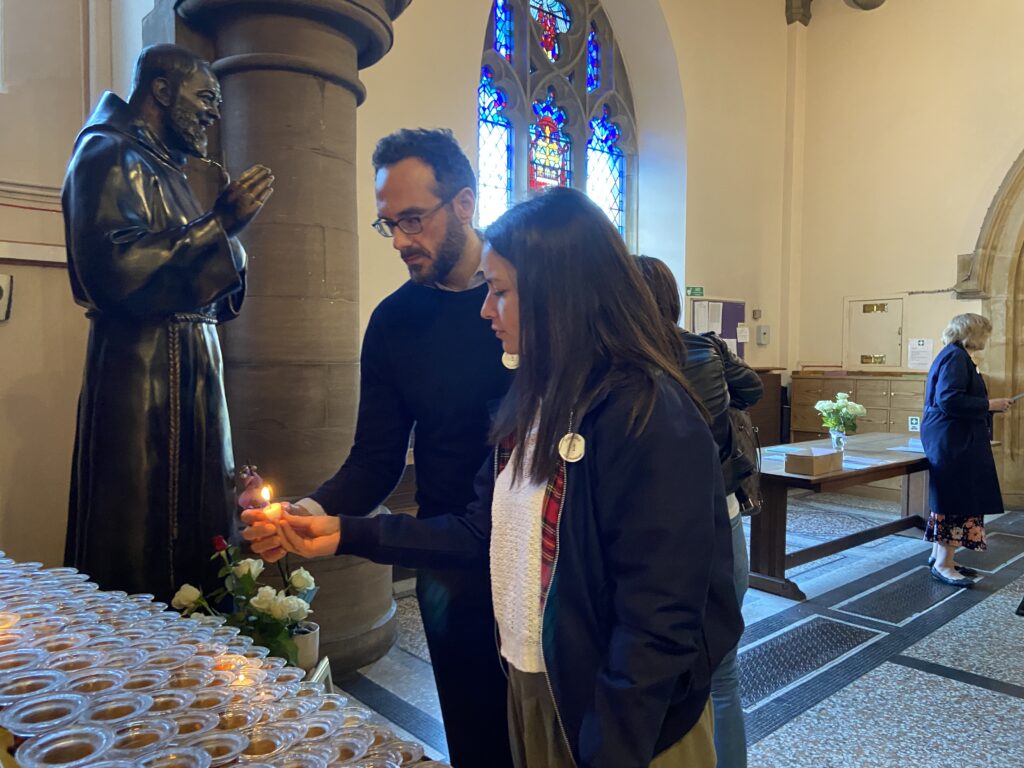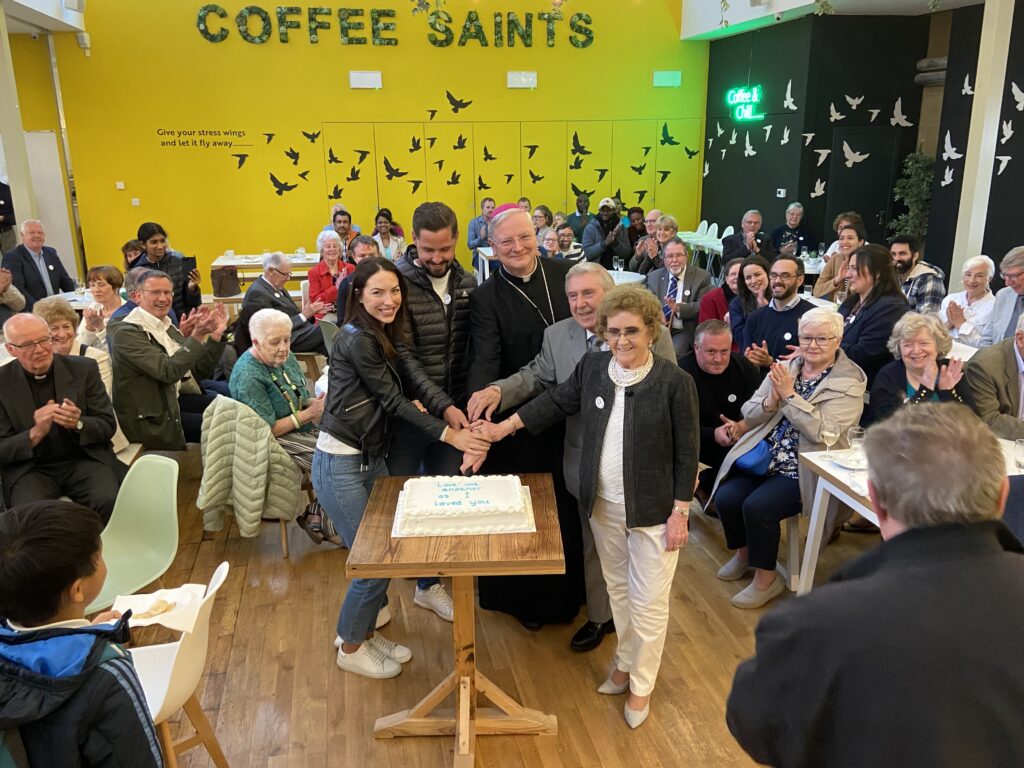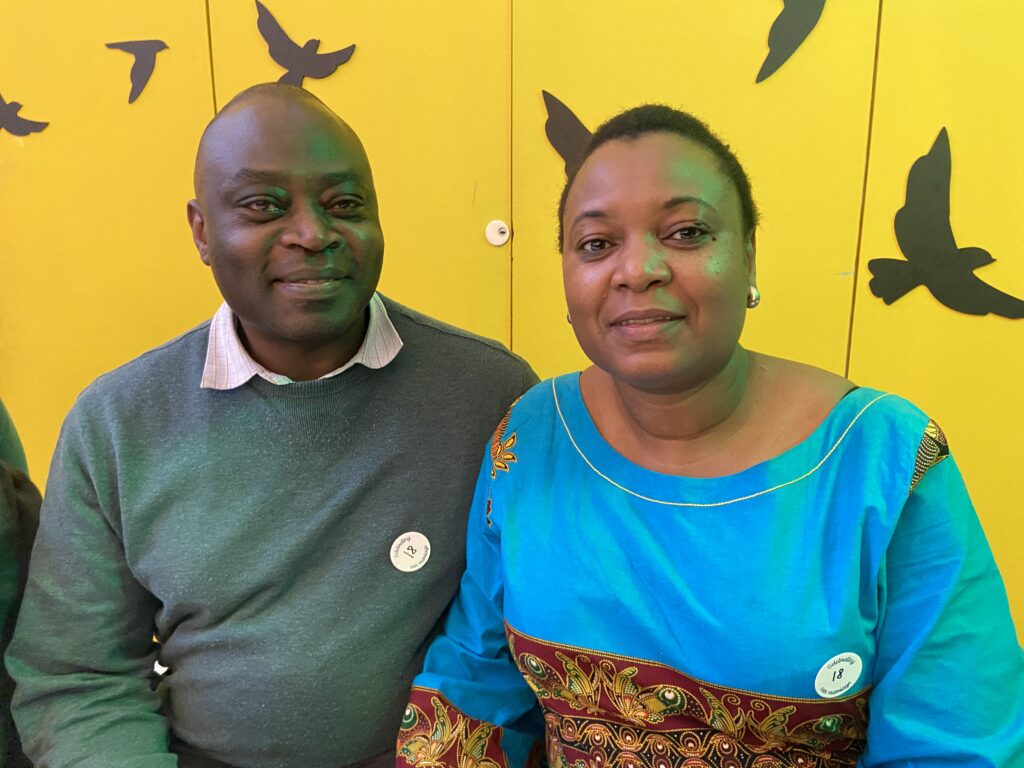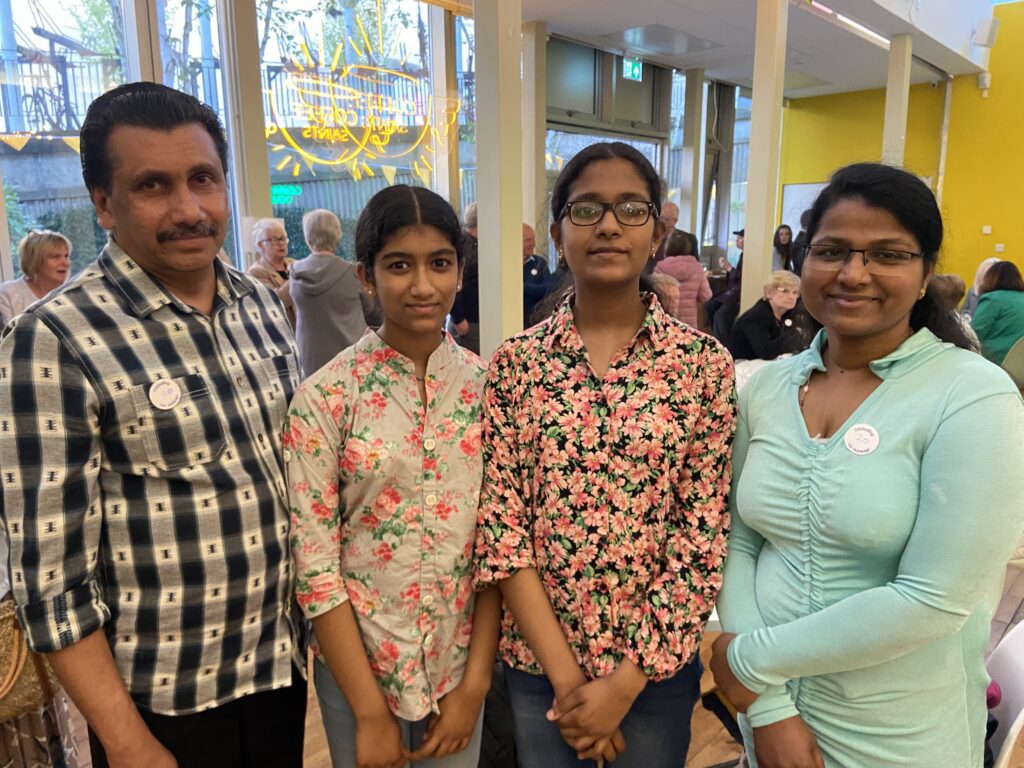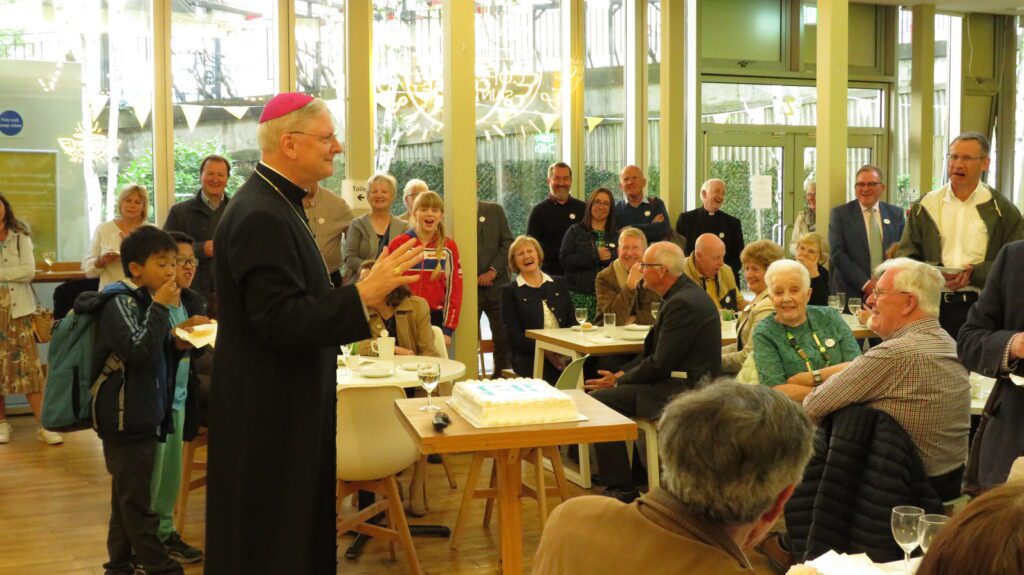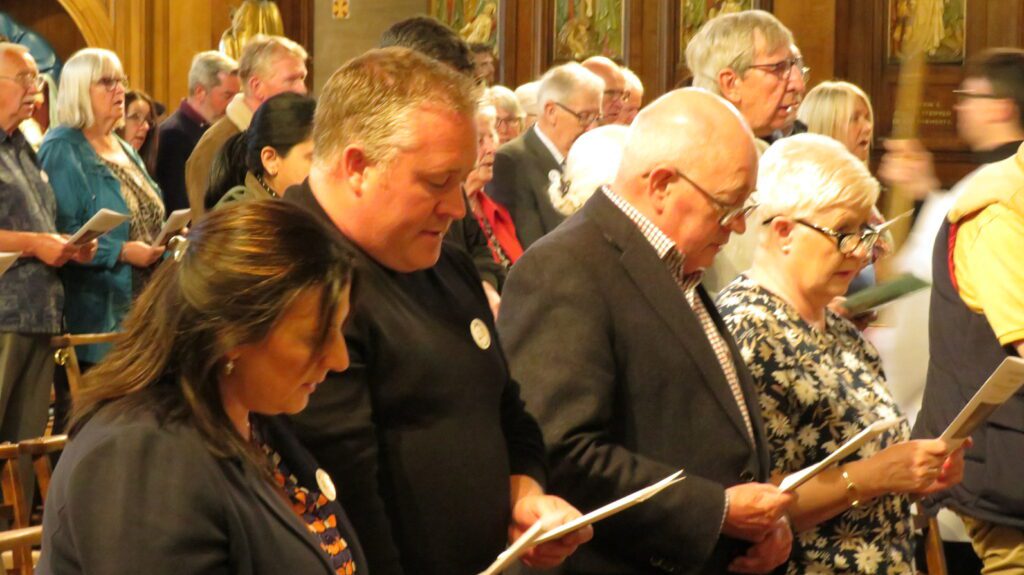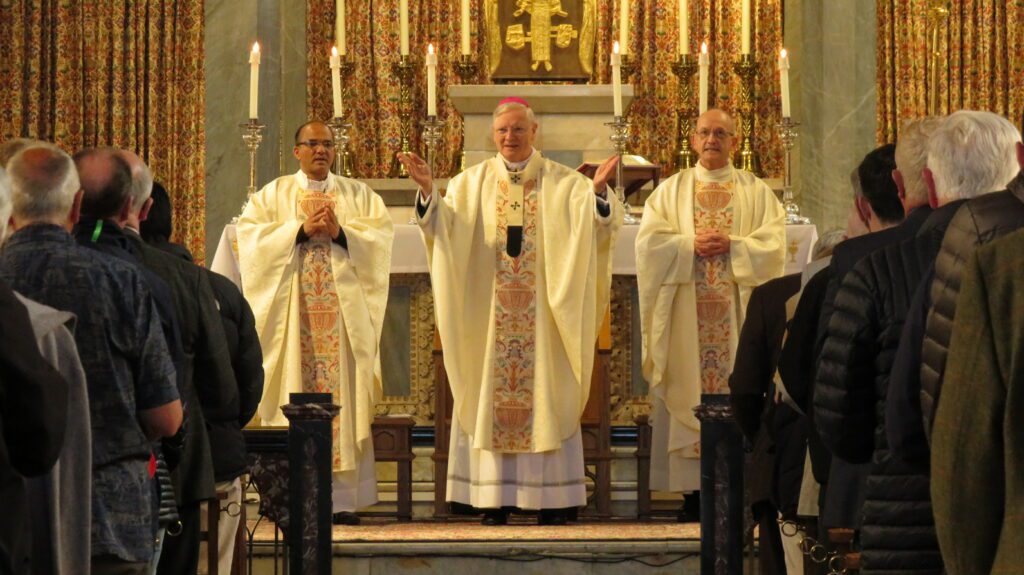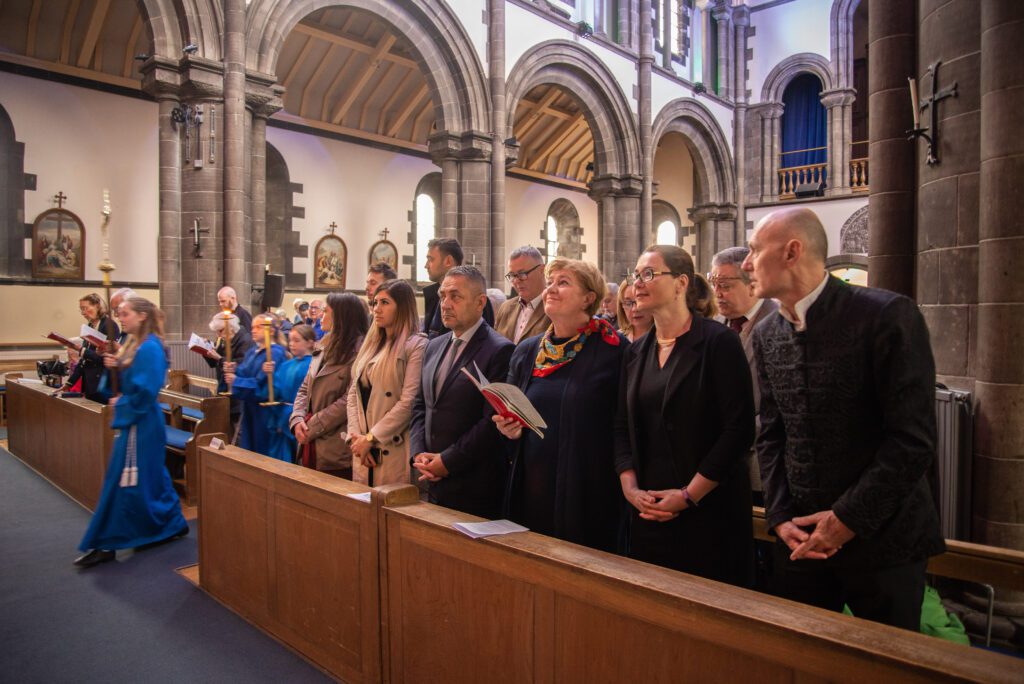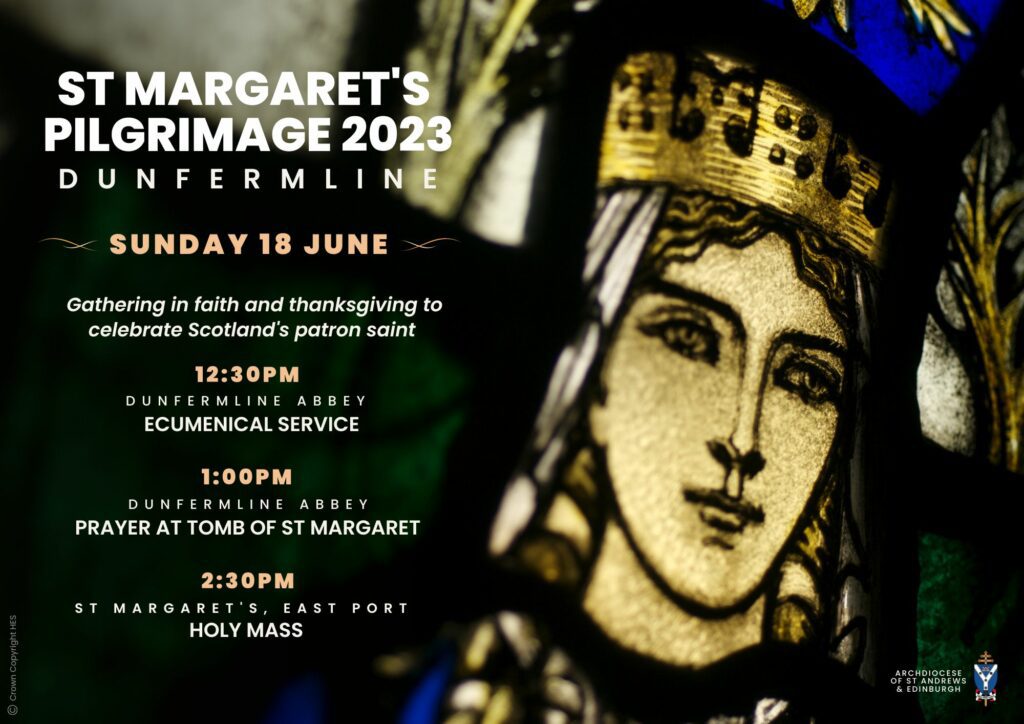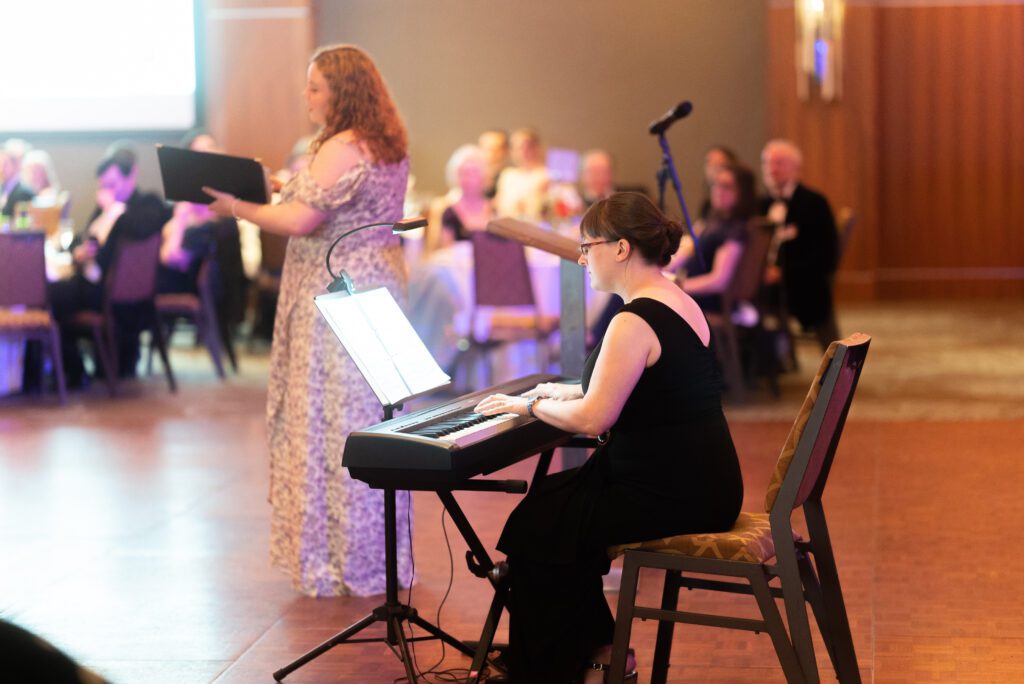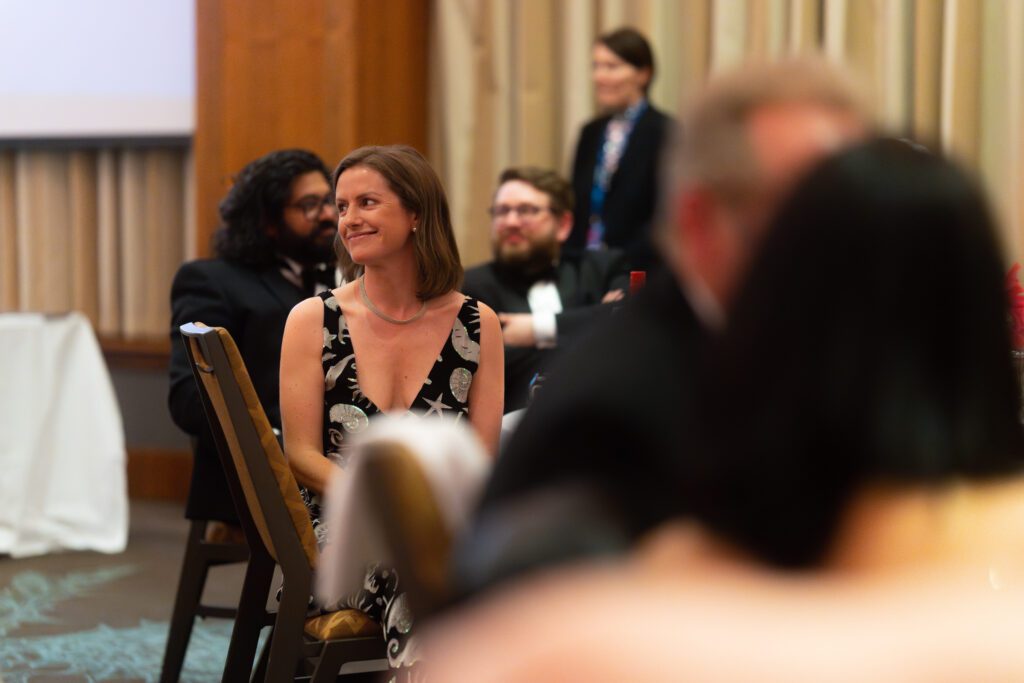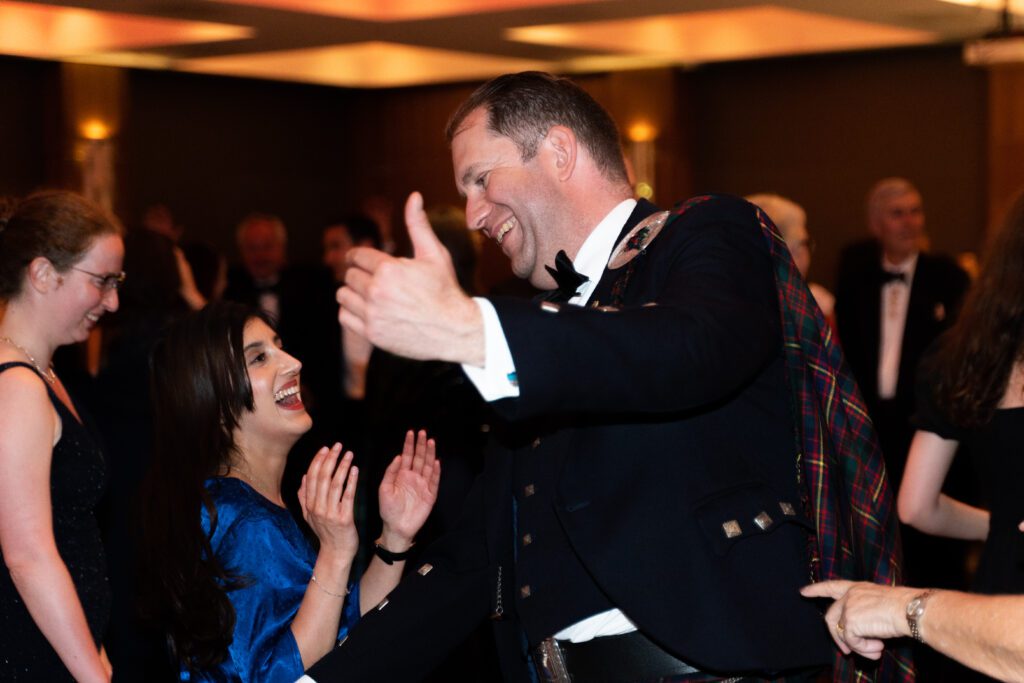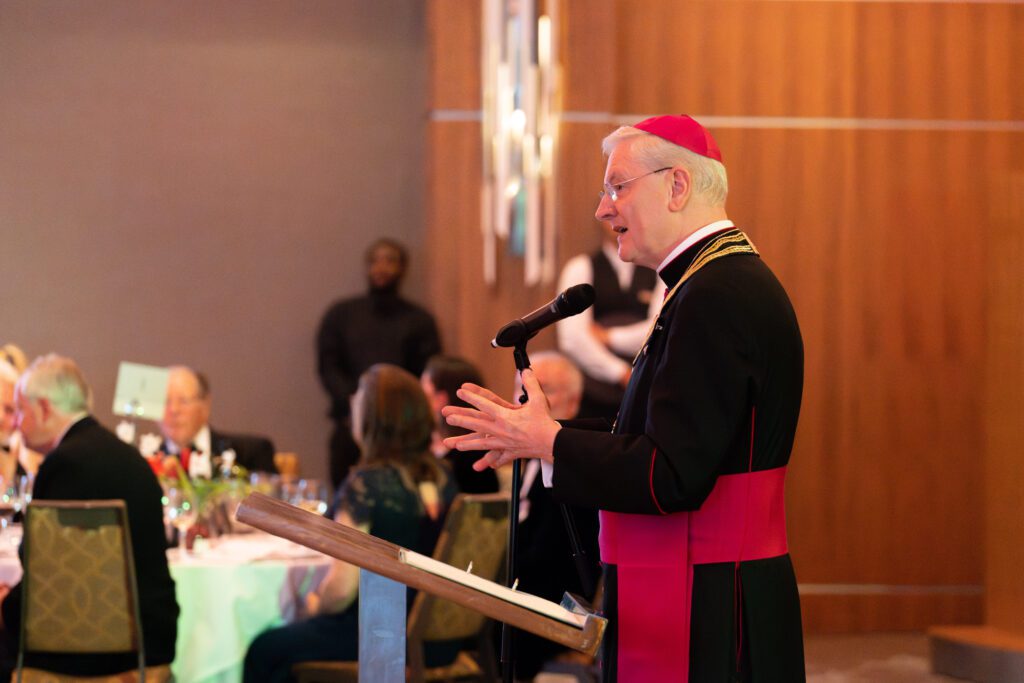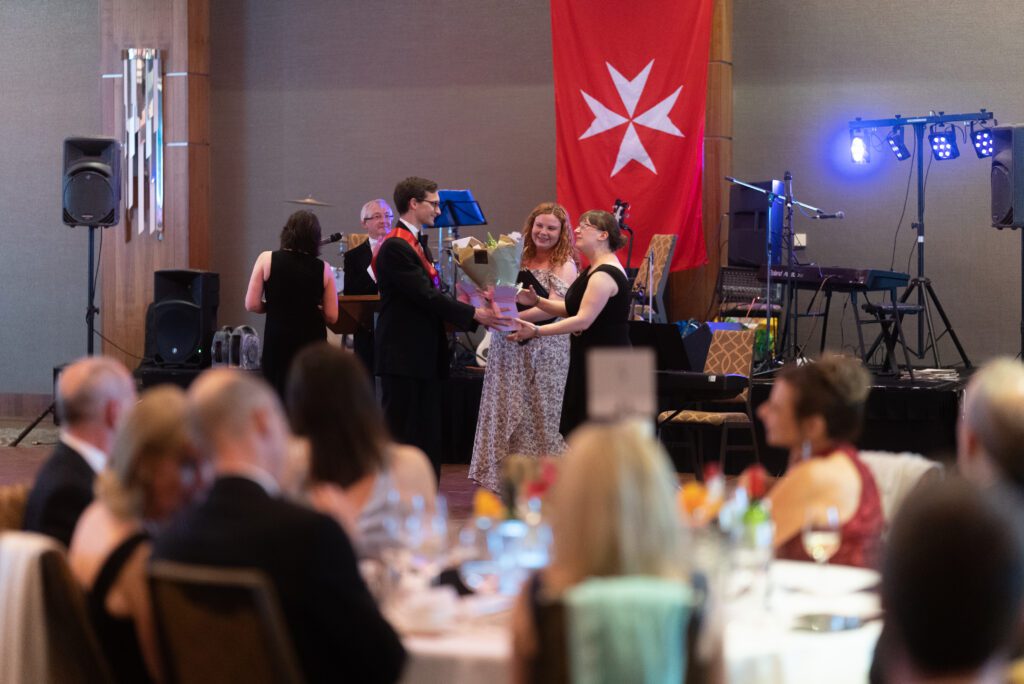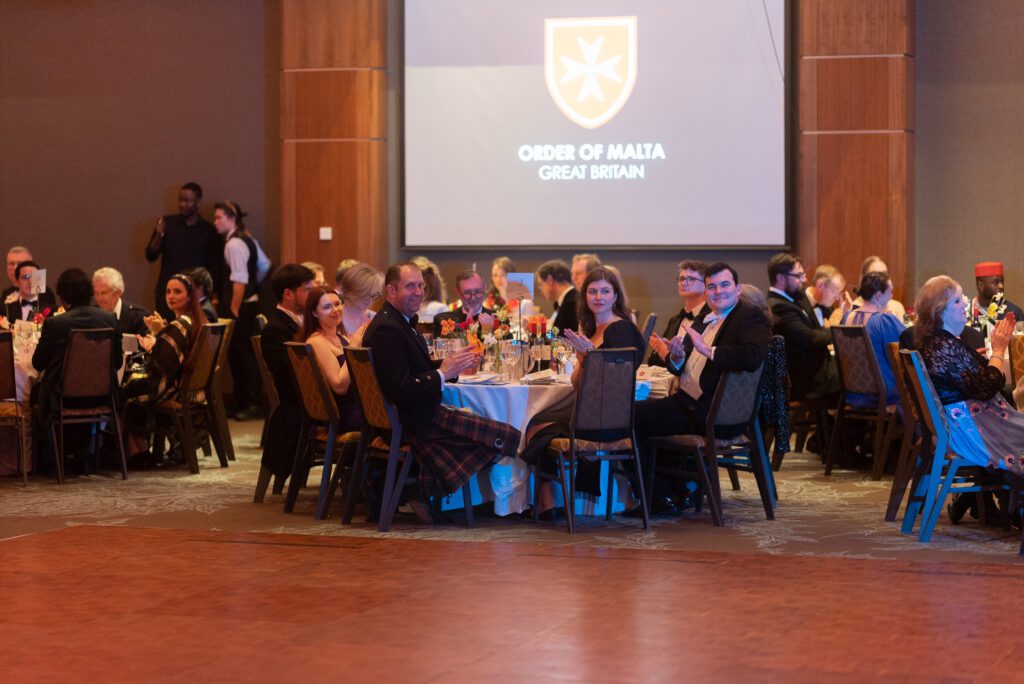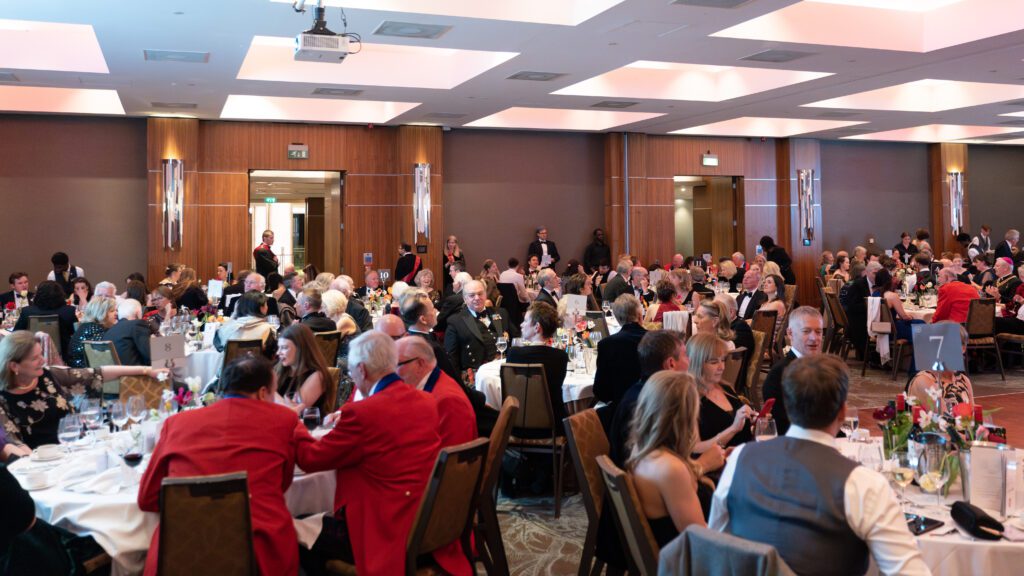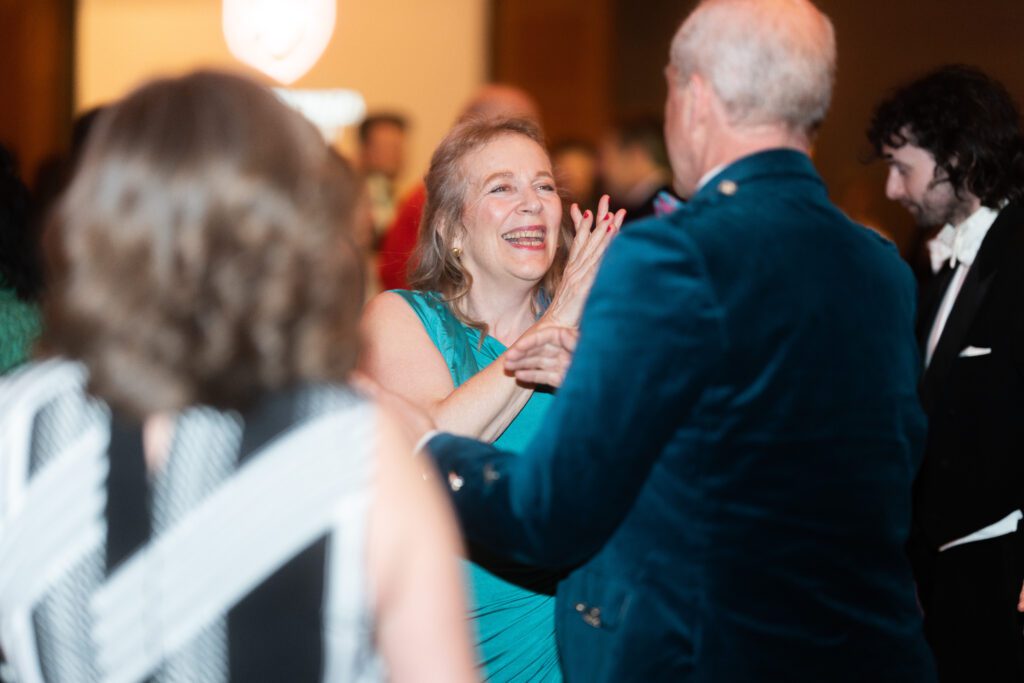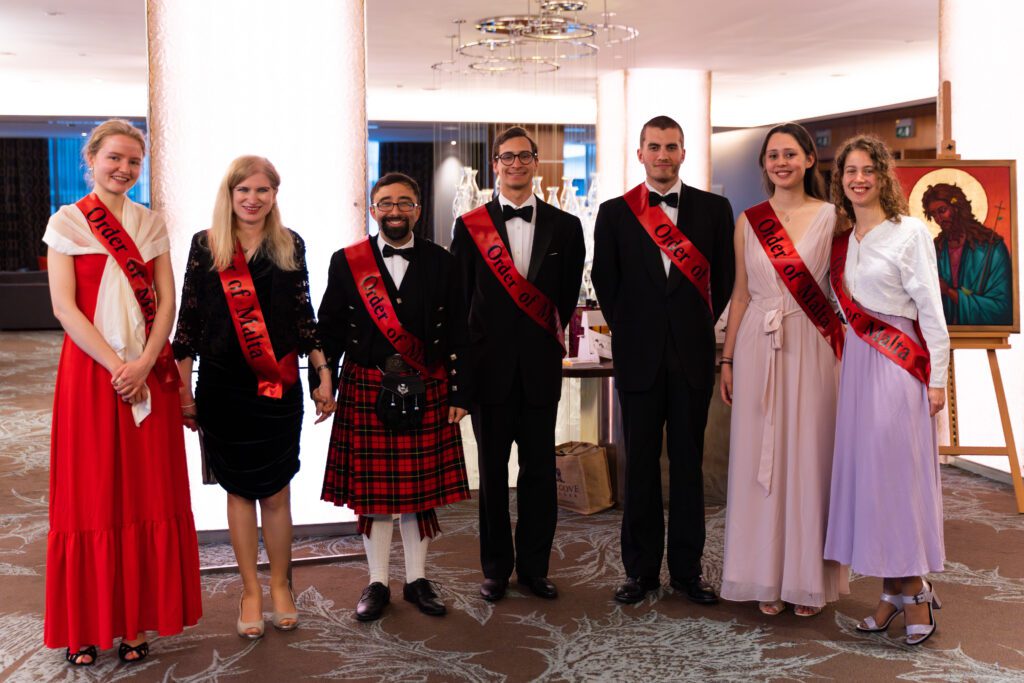Today (Sunday 21 May) is World Communications Day and Pope Francis has chosen the theme Speaking with the heart. “The truth in love” (Eph 4:15)
The theme is intended to form part of the path that will lead the entire Church to the celebration of the Synod in October 2023.
Speaking with the heart means giving “a reason for your hope” and by doing so gently, “using the gift of communication as a bridge and not as a wall.”
In his message, the Pope calls on everyone, and in particular those who work in the field of communications to exercise their profession “as a mission for building a more just, more fraternal and more human future.”
The Bishops’ Conference of Scotland works hard to forge positive relationships with media outlets to communicate news relating to every aspect of the life of the Catholic Church.
Full Message of Pope Francis
Speaking with the heart. “The truth in love” (Eph 4:15)
Dear Brothers and Sisters,
After having reflected in past years on the verbs “to go and see” and “to listen” as conditions for good communication, with this Message for the LVII World Day of Social Communications, I would like to focus on “speaking with the heart”.
It is the heart that spurred us to go, to see and to listen, and it is the heart that moves us towards an open and welcoming way of communicating. Once we have practised listening, which demands waiting and patience, as well as foregoing the assertion of our point of view in a prejudicial way, we can enter into the dynamic of dialogue and sharing, which is precisely that of communicating in a cordial way.
After listening to the other with a pure heart, we will also be able to speak following the truth in love (cf. Eph 4:15). We should not be afraid of proclaiming the truth, even if it is at times uncomfortable, but of doing so without charity, without heart.
Because “the Christian’s programme” — as Benedict XVI wrote — “is ‘a heart which sees’ ”.1 A heart that reveals the truth of our being with its beat and that, for this reason, should be listened to.
This leads those who listen to attune themselves to the same wave length, to the point of being able to hear within their heart also the heartbeat of the other. Then the miracle of encounter can take place, which makes us look at one another with compassion, welcoming our mutual frailties with respect rather than judging by hearsay and sowing discord and division.
Jesus warns us that every tree is known by its fruit (cf. Lk 6:44): “The good man out of the good treasure of his heart produces good, and the evil man out of his evil treasure produces evil; for out of the abundance of the heart his mouth speaks” (v. 45). This is why, in order to communicate truth with charity, it is necessary to purify one’s heart.
Only by listening and speaking with a pure heart can we see beyond appearances and overcome the vague din which, also in the field of information, does not help us discern in the complicated world in which we live. The call to speak with the heart radically challenges the times in which we are living, which are so inclined towards indifference and indignation, at times even on the basis of disinformation which falsifies and exploits the truth.
Communicating cordially
Communicating in a cordial manner means that those who read or listen to us are led to welcome our participation in the joys, fears, hopes and suffering of the women and men of our time.
Those who speak in this way love the other because they care and protect their freedom without violating it. We can see this style in the mysterious wayfarer who dialogues with the disciples headed to Emmaus, after the tragedy that took place at Golgotha.
The Risen Jesus speaks to them with the heart, accompanying the journey of their suffering with respect, proposing himself and not imposing himself, lovingly opening their minds to understand the profound meaning of what had happened. Indeed, they can joyfully exclaim that their hearts burned within them as he spoke to them on the road and explained the Scriptures to them (cf. Lk 24:32).
In a historical period marked by polarisations and contrasts — to which unfortunately not even the ecclesial community is immune — the commitment to communicating “with open heart and arms” does not pertain exclusively to those in the field of communications; it is everyone’s responsibility. We are all called to seek and to speak the truth and to do so with charity.
We Christians in particular are continually urged to keep our tongue from evil (cf. Ps34:13), because as Scripture teaches us, with the same tongue we can bless the Lord and curse men and women who were made in the likeness of God (cf. Jas 3:9). No evil word should come from our mouths, but rather “only such as is good for edifying, as fits the occasion, that it may impart grace to those who hear” (Eph 4:29).
Sometimes friendly conversations can open a breach even in the most hardened of hearts. We also have evidence of this in literature. I am thinking of that memorable page in Chapter XXI of The Betrothed in which Lucia speaks with the heart to the Innominato [the Unnamed] until he, disarmed and afflicted by a healthy inner crisis, gives in to the gentle strength of love.
We experience this in society, where kindness is not only a question of “etiquette” but a genuine antidote to cruelty, which unfortunately can poison hearts and make relationships toxic.
We need it in the field of media, so that communication does not foment acrimony that exasperates, creates rage and leads to clashes, but helps people peacefully reflect and interpret with a critical yet always respectful spirit, the reality in which they live.
Communicating heart to heart: “In order to speak well, it is enough to love well”
One of the brightest and still fascinating examples of “speaking with the heart” is offered by Saint Francis de Sales, a Doctor of the Church, whom I wrote about in the Apostolic Letter, Totum Amoris Est, 400 years after his death. In addition to this important anniversary, I would like to mention another anniversary that takes place in 2023: the centenary of his proclamation as patron of Catholic journalists by Pius XI with the Encyclical, Rerum Omnium Perturbationem.
A brilliant intellectual, fruitful writer and profound theologian, Francis de Sales was Bishop of Geneva at the beginning of the XVII century during difficult years marked by heated disputes with Calvinists. His meek attitude, humanity and willingness to dialogue patiently with everyone, especially with those who disagreed with him, made him an extraordinary witness of God’s merciful love. One could say about him: “A pleasant voice multiplies friends, and a gracious tongue multiplies courtesies” (Sir 6:5).
After all, one of his most famous statements, “heart speaks to heart”, inspired generations of faithful, among them Saint John Henry Newman, who chose it as his motto, Cor ad cor loquitur. One of his convictions was, “In order to speak well, it is enough to love well”.
It shows that for him communication should never be reduced to something artificial, to a marketing strategy, as we might say nowadays, but is rather a reflection of the soul, the visible surface of a nucleus of love that is invisible to the eye. For Saint Francis de Sales, precisely “in the heart and through the heart, there comes about a subtle, intense and unifying process in which we come to know God”.2 By “loving well”, Saint Francis succeeded in communicating with Martin, the deaf-mute, becoming his friend. This is why he is also known as the protector of people with impairments in communicating.
It is from this “criterion of love” that, through his writings and witness of life, the saintly Bishop of Geneva reminds us that “we are what we communicate”. This goes against the grain today, at a time when — as we experience especially on social media — communication is often exploited so that the world may see us as we would like to be and not as we are.
Saint Francis de Sales disseminated many copies of his writings among the Geneva community. This “journalistic” intuition earned him a reputation that quickly went beyond the confines of his diocese and still endures to this day. His writings, Saint Paul VI observed, provide for a “highly enjoyable, instructive and moving” reading.3 If we look today at the field of communications, are these not precisely the characteristics that an article, a report, a television or radio programme or a social media post should include?
May people who work in communications feel inspired by this saint of tenderness, seeking and telling the truth with courage and freedom and rejecting the temptation to use sensational and combative expressions.
Speaking with the heart in the synodal process
As I have emphasised, “In the Church, too, there is a great need to listen to and to hear one another. It is the most precious and life-giving gift we can offer each other”.4 Listening without prejudice, attentively and openly, gives rise to speaking according to God’s style, nurtured by closeness, compassion and tenderness. We have a pressing need in the Church for communication that kindles hearts, that is balm on wounds and that shines light on the journey of our brothers and sisters.
I dream of an ecclesial communication that knows how to let itself be guided by the Holy Spirit, gentle and at the same time, prophetic, that knows how to find new ways and means for the wonderful proclamation it is called to deliver in the third millennium. A communication which puts the relationship with God and one’s neighbour, especially the neediest, at the centre and which knows how to light the fire of faith rather than preserve the ashes of a self-referential identity. A form of communication founded on humility in listening and parrhesia in speaking, which never separates truth from charity.
Disarming souls by promoting a language of peace
“A soft tongue will break a bone”, says the book of Proverbs (25:15). Today more than ever, speaking with the heart is essential to foster a culture of peace in places where there is war; to open paths that allow for dialogue and reconciliation in places where hatred and enmity rage. In the dramatic context of the global conflict we are experiencing, it is urgent to maintain a form of communication that is not hostile. It is necessary to overcome the tendency to “discredit and insult opponents from the outset [rather] than to open a respectful dialogue”.5
We need communicators who are open to dialogue, engaged in promoting integral disarmament and committed to undoing the belligerent psychosis that nests in our hearts, as Saint John XXIII prophetically urged in the Encyclical Pacem In Terris: “True peace can only be built in mutual trust” (No. 113). A trust which has no need of sheltered or closed communicators but bold and creative ones who are ready to take risks to find common ground on which to meet.
As was the case sixty years ago, we are now also living in a dark hour in which humanity fears an escalation of war that must be stopped as soon as possible, also at the level of communication. It is terrifying to hear how easily words calling for the destruction of people and territories are spoken.
Words, unfortunately, that often turn into warlike actions of heinous violence. This is why all belligerent rhetoric must be rejected, as well as every form of propaganda that manipulates the truth, disfiguring it for ideological ends. Instead, what must be promoted is a form of communication that helps create the conditions to resolve controversies between peoples.
As Christians, we know that the destiny of peace is decided by conversion of hearts, since the virus of war comes from within the human heart.6 From the heart come the right words to dispel the shadows of a closed and divided world and to build a civilisation which is better than the one we have received. Each of us is asked to engage in this effort, but it is one that especially appeals to the sense of responsibility of those working in the field of communications so that they may carry out their profession as a mission.
May the Lord Jesus, the pure Word poured out from the heart of the Father, help us to make our communication clear, open and heartfelt.
May the Lord Jesus, the Word made flesh, help us listen to the beating of hearts, to rediscover ourselves as brothers and sisters, and to disarm the hostility that divides.
May the Lord Jesus, the Word of truth and love, help us speak the truth in charity, so that we may feel like protectors of one another.
Francis
Rome, Saint John Lateran, 24 January 2023, Memorial of Saint Francis de Sales.
[1] Encyclical Letter Deus Caritas Est (25 December 2005), 31.
[2] Apostolic Letter Totum Amoris Est (28 December 2022).
[3] Cf. Apostolic Epistle Sabaudiae Gemma, on the IV Centennial of the Birth of Saint Francis de Sales, Doctor of the Church (29 January 1967).
[4] Message for the LVI World Day of Social Communications (24 January 2021).
[5] Encyclical Letter Fratelli Tutti (3 October 2020), 201.
[6] Cf. Message for the 56th World Day of Peace (1 January 2023).
